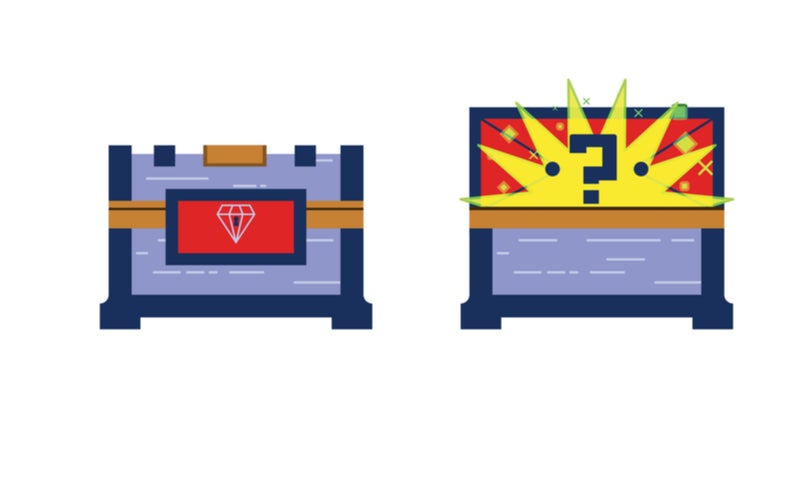Loot box upgrades are a one-time micro-purchase to help gamers optimise their own or their avatar’s gaming performance. It allows them to access new ‘skills’ or equipment, connect with other players or join clubs to optimize their effectiveness. Loot box upgrades implicitly promise a gamer accelerated elevation to higher scores. This may give access to higher gaming levels – with no guarantees, of course.
Although the price of each loot box purchase is strategically low, the outcome is essentially like a lucky dip. This encourages the user to keep buying more loot boxes to increase their chances of unlocking more game performance benefits. Loot boxes may also encourage users to keep triggering purchases to fill out a collection of benefits. They may even trade and buy loot box benefits online.
Call for more regulation on loot box upgrades
Earlier this week, the UK Children’s Commissioner Anne Longfield launched a new campaign to raise awareness of the negative effects of loot box upgrade addiction. This with a focus on children and younger gamers, with a call for more regulation in this area.
Specifically, she wants to see video games featuring loot box micro-transactions classified as gambling services. This means they would come with extra protections for younger players. These would include parental guidance warnings and spend limitations.
In the Netherlands, New Zealand, Belgium and China, regulators and child-protection agencies have already put such gambling classifications and under-age gamer protections in place. There have also been more recent calls for the same from Swedish and US lawmakers.
To be sure, the loot box upgrades revenue stream has been attracting critical voices for some time. Critics claim the in-game spending mechanism is highly addictive, promoting excessive and compulsive gaming behaviours, akin to gambling.
How well do you really know your competitors?
Access the most comprehensive Company Profiles on the market, powered by GlobalData. Save hours of research. Gain competitive edge.

Thank you!
Your download email will arrive shortly
Not ready to buy yet? Download a free sample
We are confident about the unique quality of our Company Profiles. However, we want you to make the most beneficial decision for your business, so we offer a free sample that you can download by submitting the below form
By GlobalDataFor 5G carriers, looking to gaming partnerships to help promote a mobile gaming 5G use case, the timing couldn’t be worse. 5G, with its super low-latency benefits, is ideally placed to help gaming go wireless and into the wide-area. Anxious to promote a 5G benefit, several carriers have formed partnerships with leading gamers to help leverage it as a 5G-specific value-add. Carriers’ postpaid billing channels are also ideally suited for the kind of billing advantages that would allow a gaming platform to bypass acquiring a user’s credit card details. Unfortunately, the loot box craze is starting to give online gaming a bad name. It’s the kind of negative PR few carriers investing in 5G can afford right now.







